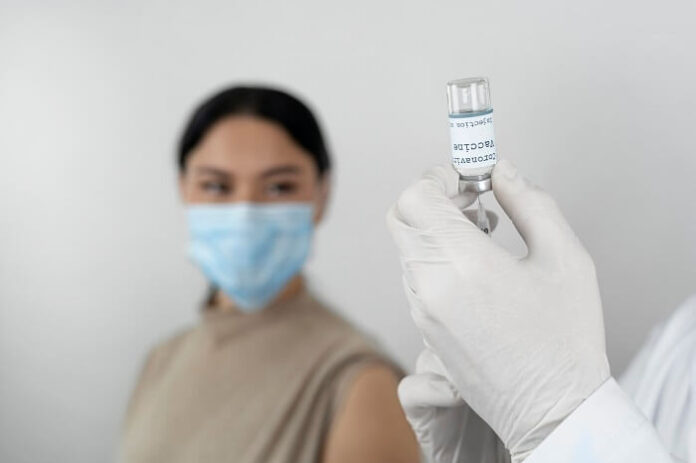COVID-19 vaccination has been found to lower, not increase, the risk of unexplained sudden deaths among young adults in India, Union Health Minister J.P. Nadda informed the Rajya Sabha on Tuesday. He cited findings from an Indian Council of Medical Research (ICMR) study that identified other factors, such as prior COVID-19 hospitalization, family history of sudden death, and certain lifestyle behaviors, as contributors to the risk.
The study, conducted by the ICMR-National Institute of Epidemiology, titled “Factors Associated with Unexplained Sudden Deaths Among Adults Aged 18-45 Years in India,” was carried out across 47 tertiary care hospitals in 19 states and Union Territories between May and August 2022.
The research analyzed 729 cases of unexplained sudden deaths that occurred between October 2021 and March 2023, alongside 2,916 matched controls. The cases involved individuals who were apparently healthy and died within 24 hours of hospitalization or were seen healthy 24 hours prior to death.
Key findings revealed that receiving at least one dose of a COVID-19 vaccine reduced the odds of unexplained sudden death, with two doses providing even greater protection. Conversely, factors such as a history of COVID-19 hospitalization, family history of sudden death, binge drinking or recreational drug use 48 hours prior to death, and vigorous physical activity during the same timeframe were associated with increased risk.
Nadda emphasized that a robust Adverse Event Following Immunization (AEFI) surveillance system is in place to monitor vaccine-related adverse events and fatalities. He highlighted the integration of SAFEVAC, a web-based AEFI reporting application, with the Co-WIN platform, enabling reporting by vaccinators, district immunization officers, and beneficiaries.
As reported by Economic Times, the government has implemented several strategies to raise awareness about vaccine side effects and ensure timely medical interventions for adverse events. These measures include mandatory 30-minute observation post-vaccination, availability of anaphylaxis kits at vaccination sites, and free treatment at public health facilities for AEFI cases.
Information on vaccine safety, including FAQs and educational materials, has been disseminated through the Health Ministry’s website, social media, and localized campaigns at vaccination centers.
The study, according to Nadda, conclusively demonstrates that COVID-19 vaccination does not elevate the risk of sudden deaths in young adults, reinforcing its safety and public health benefits.























